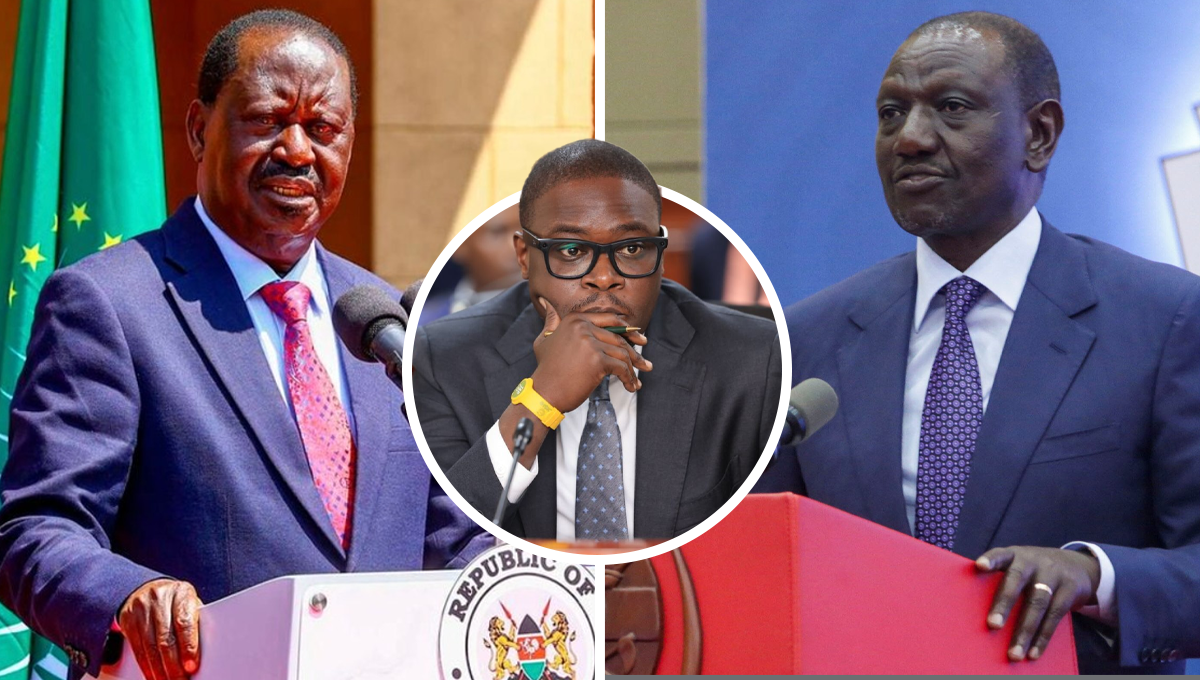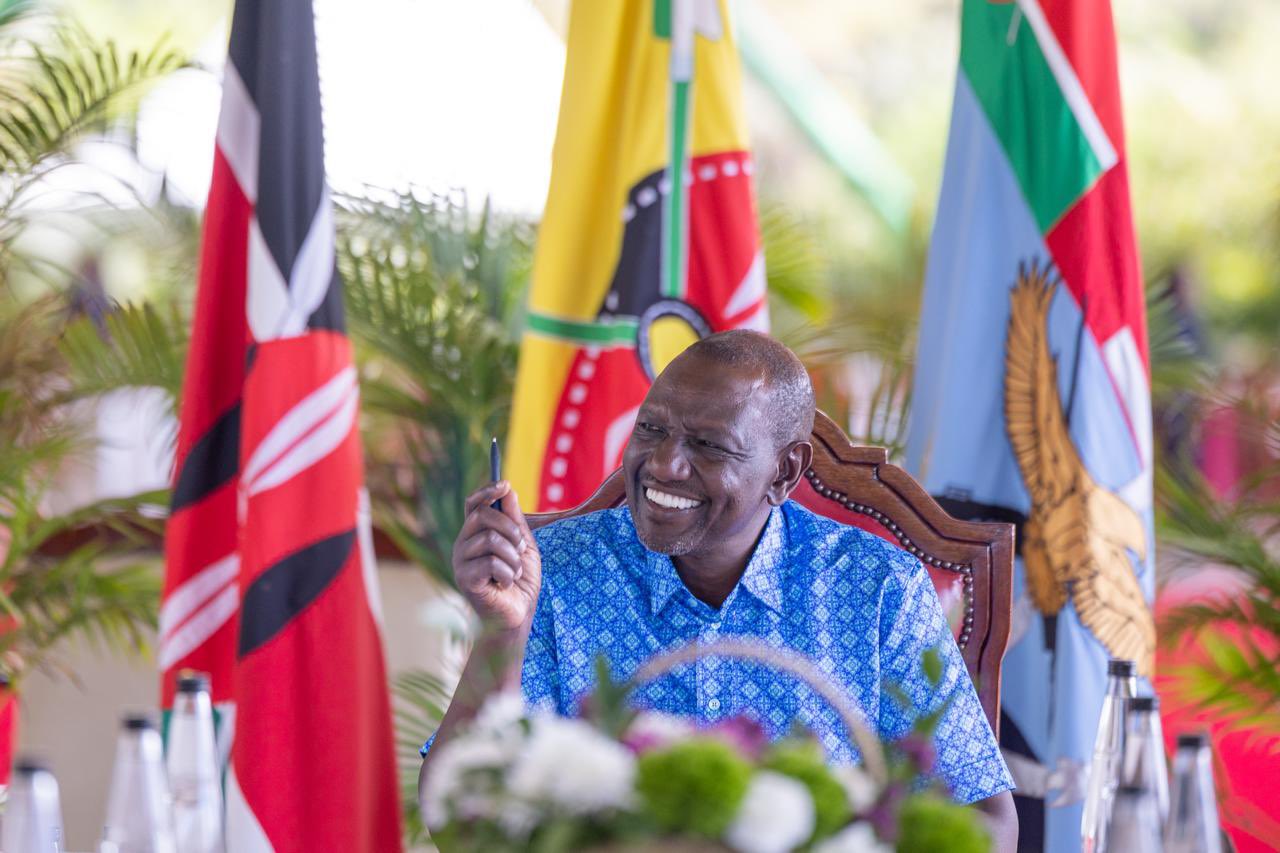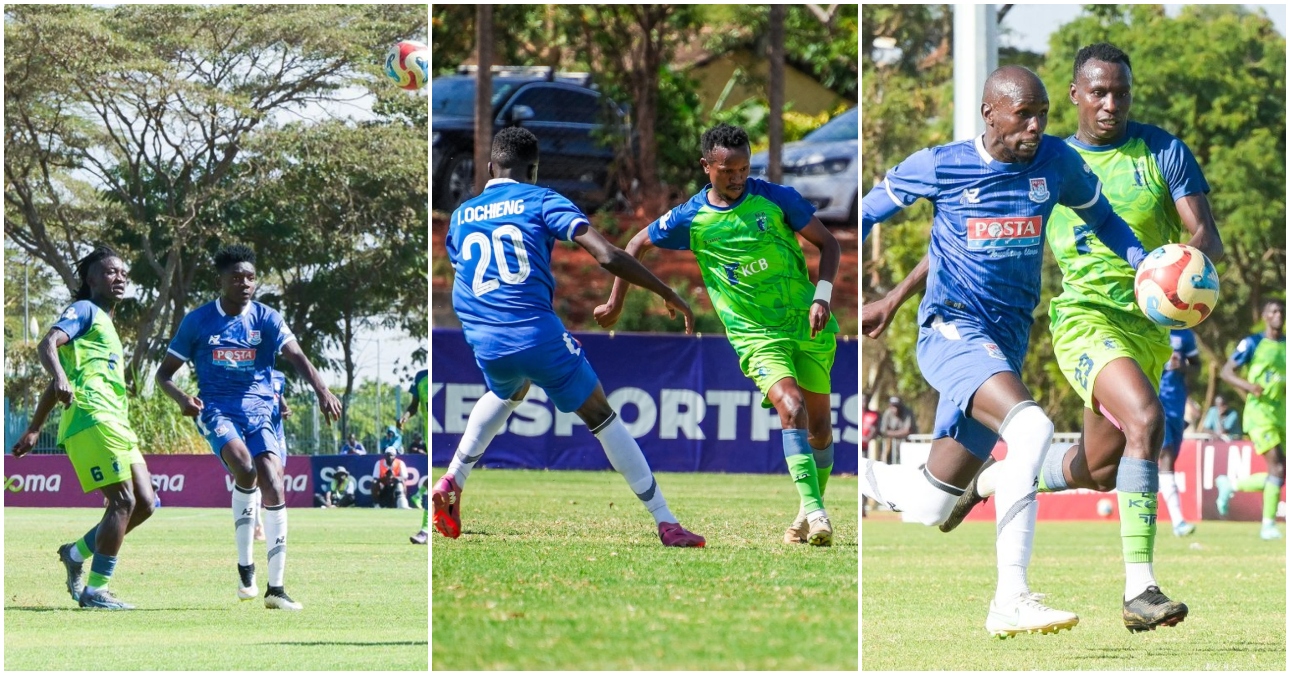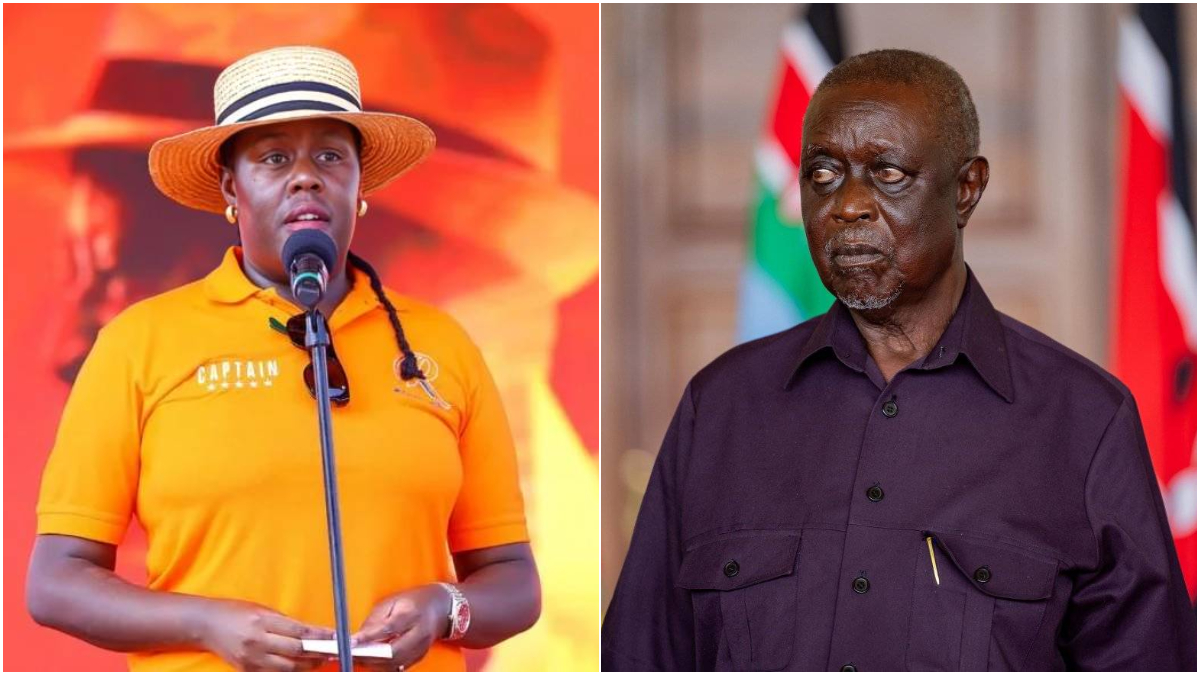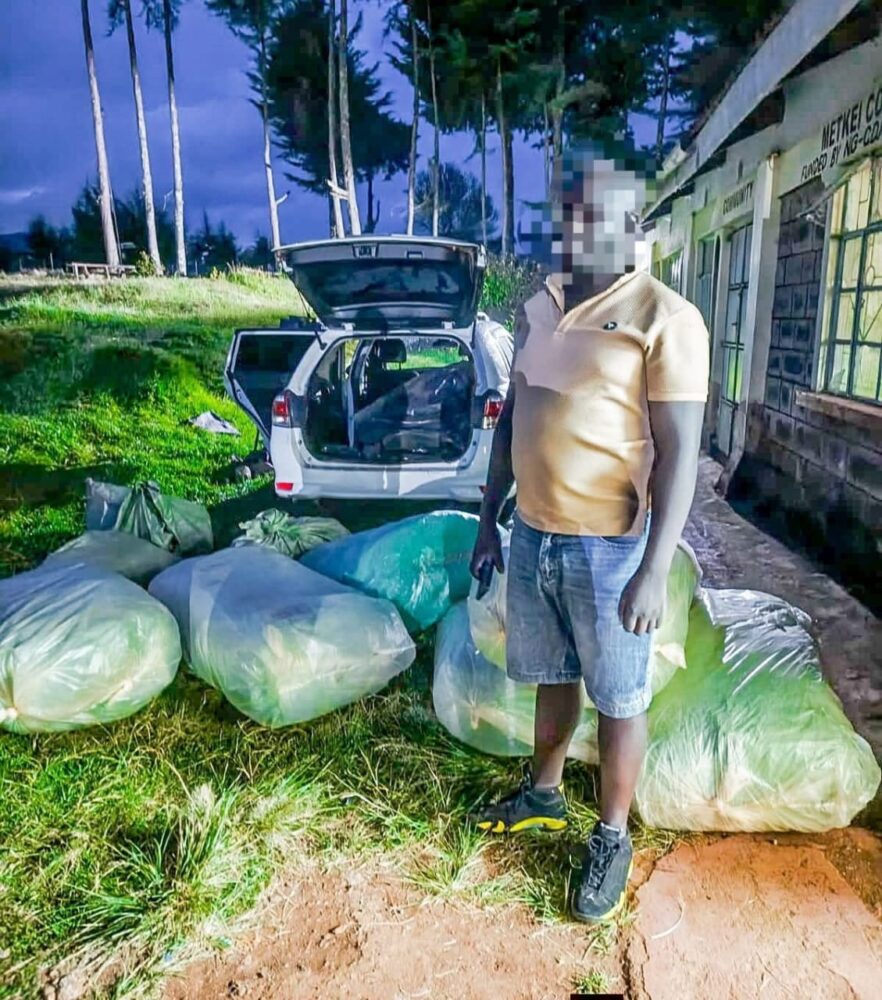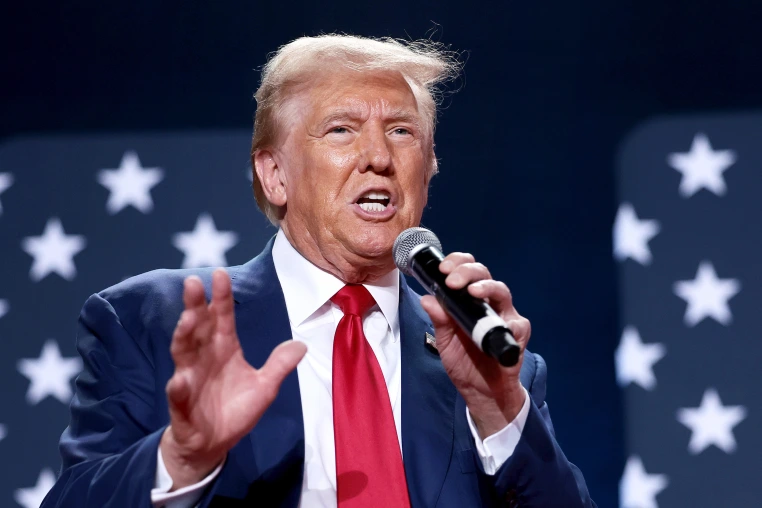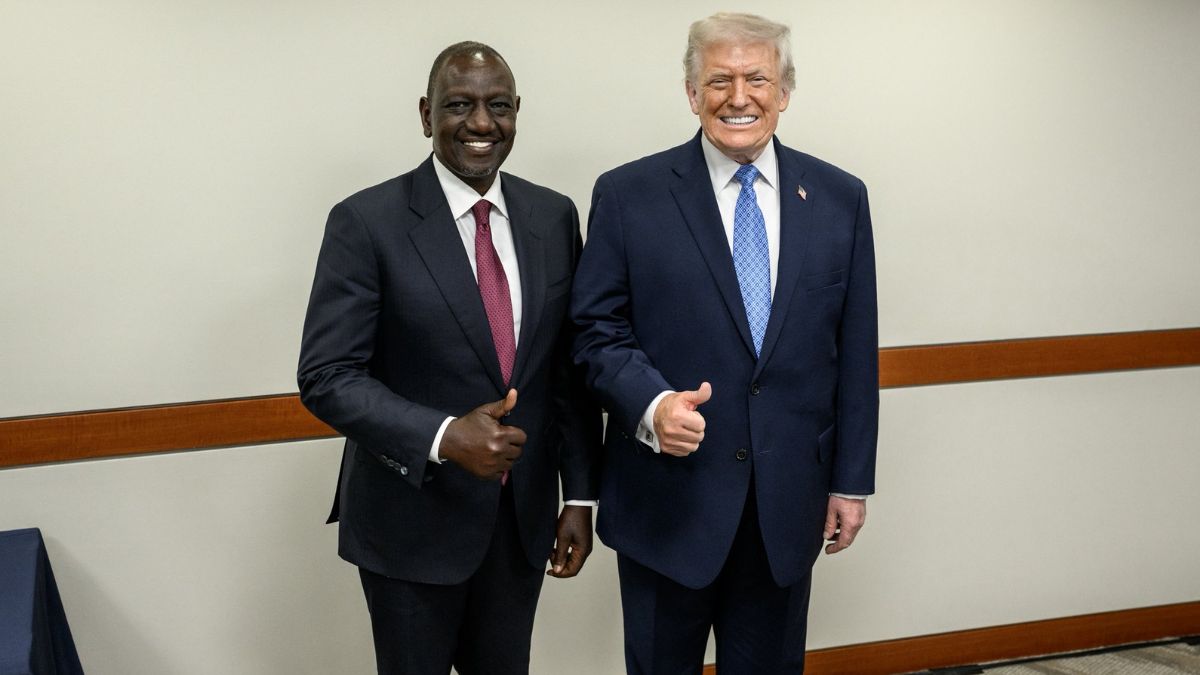President William Ruto and ODM leader Raila Odinga on Tuesday, September 2 moved to defuse tensions surrounding the looming impeachment of Nairobi Governor Sakaja Johnson, urging leaders to put dialogue and service delivery ahead of political brinkmanship.
At State House, Nairobi, President Ruto held a meeting with his United Democratic Alliance (UDA) Party MCAs where he cautioned them against pursuing the ouster motion. Drawing from his own political battles, the President reminded the ward reps that leadership demands resilience, not retaliation.
“I have been the most accused person, but I never allowed that to derail my work. I urge you to put aside differences and drop this motion,” Ruto told the MCAs.
Almost simultaneously, Raila convened a meeting in Nairobi with ODM MPs, MCAs, Chaired by veteran politician Fred Gumo, joined later by Sakaja himself. The deliberations, according to insiders, concluded with a consensus to withdraw support for the impeachment push, framing it as a distraction that risks destabilising Kenya’s capital city.
“Nairobi must not be held hostage by political brinkmanship. Leaders must rise above partisan agendas to deliver for the people,” Raila said durig the meeting.
Sakaja’s reliance on ODM’s numerical strength in the County Assembly, despite being elected on a UDA ticket, has often drawn fire from his own political backyard.
Last year, then-Deputy President Rigathi Gachagua accused him of “abandoning his community” for the opposition. Sakaja, however, has remained firm in defending his inclusive style of leadership.
“Nairobi is a cosmopolitan city. We cannot allow tribal politics here. We must work with both government and opposition to deliver for our people,” the governor has repeatedly said.
That philosophy saw him build bridges with both Ruto and Raila from hosting the President during a five-day development tour to visiting Raila in Bondo. It was no surprise that when the broad-based government was announced, Sakaja was quick to brand Nairobi its “home.”
With the impeachment bid now seemingly deflated, sources argue it has become a litmus test for whether Kenya’s broad-based government can withstand partisan tensions and deliver on its promise of stability.


